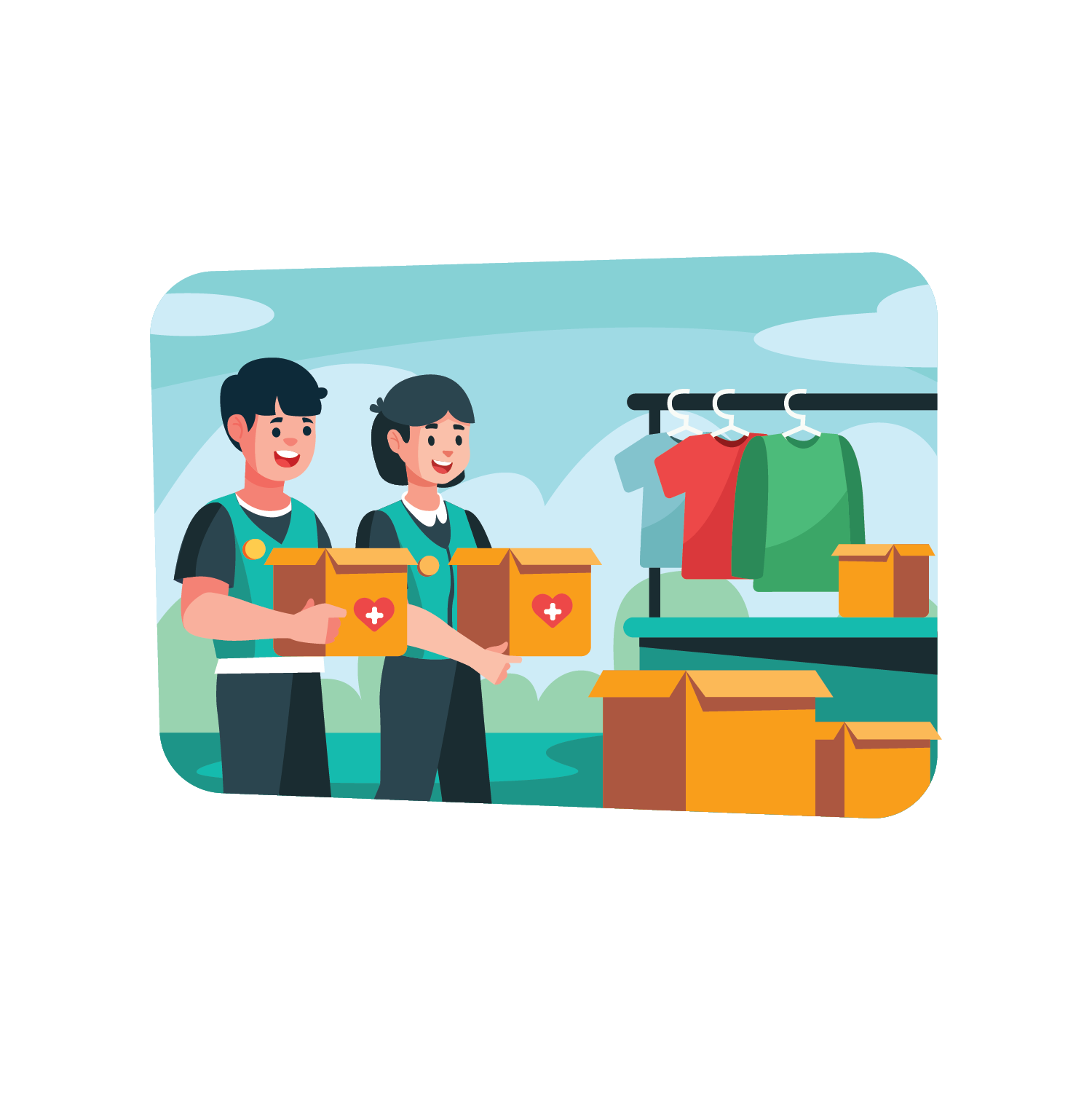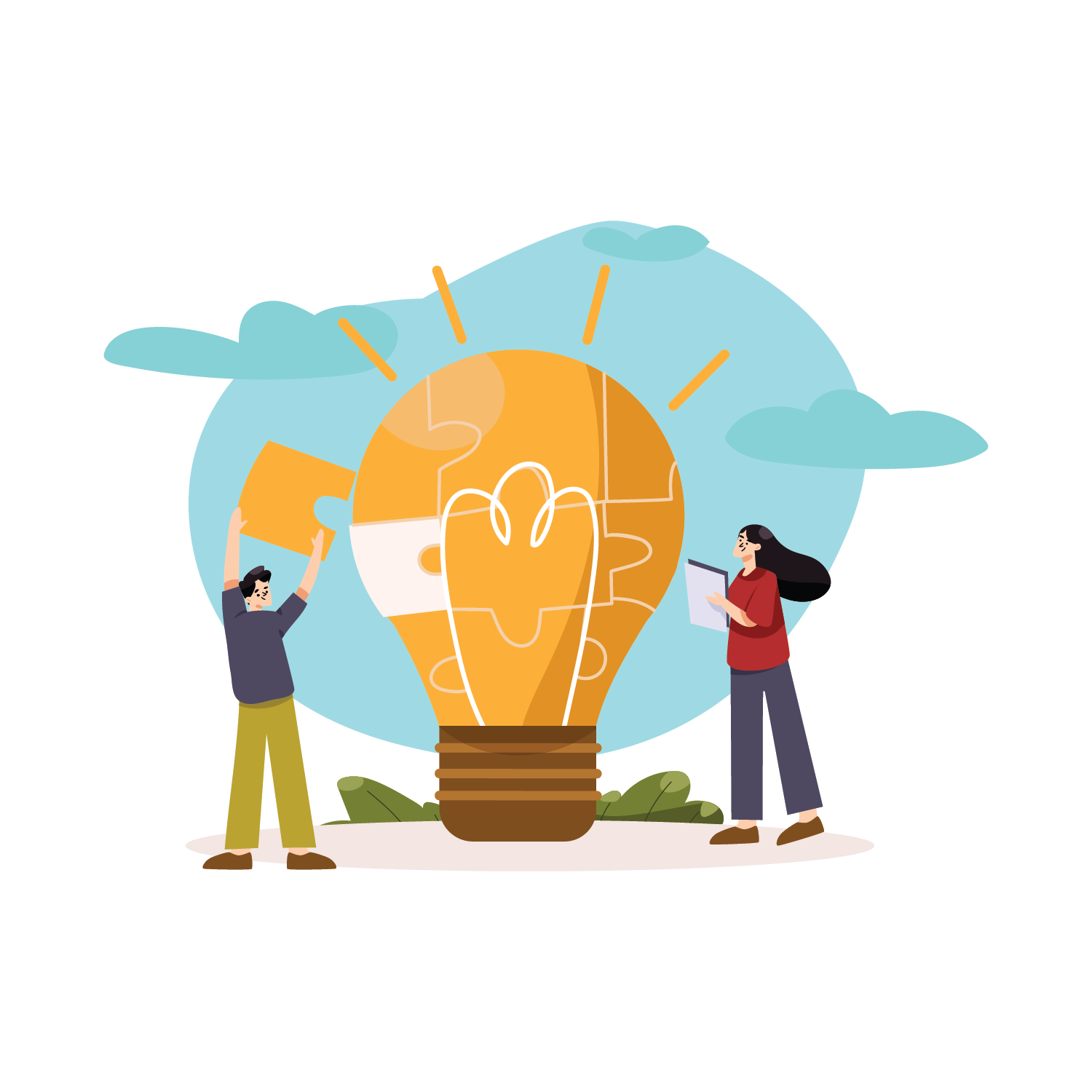SOLO Cambodia: For Churches
For rapidly moving through this page, click the links below to fast travel to the topic.
This Is What We Do
We will train local leaders to teach life saving skills.
We’ve partnered with SOLO International and the Asclepius Snakebite Foundation, two proven organizations, to offer a combined Wilderness First Responder and Village First Aid Instructor course. Students are hand selected from trusted local organizations and ministries, ensuring long term investment in their communities.

Support first-time instructors through their first courses.
After certification, each instructor is required to teach several Village First Aid courses under supervision. We provide coaching, technical support, and feedback as they grow in confidence and competency.

Empower instructors to train hundreds in their own communities.
Once instructors demonstrate competency, they begin teaching independently. Each is asked to train up to 200 students per year, expanding access to first aid training in remote areas without relying on foreign instructors.

Empower instructors to train hundreds in their own communities.
We maintain contact with certified instructors, offer resupply and refresher training as needed, and keep records of student training numbers, locations, and outcomes. We have created things Facebook groups and Telegram Chats to keep everyone connected. Our goal is long-term accountability and consistent quality.

Build specialized training to meet emerging needs.
As the program grows, we will work closely with our partners to continue to develop new courses tailored to Cambodia’s context, such as Field Envenomation Aid, TukTuk First Aid, or disaster response, ensuring that the training remains relevant and scalable.

We work alongside organizations with shared goals.
We collaborate with churches, NGOs, and local ministries that are already serving in hard-to-reach places. By equipping them with training and resources, we amplify their impact while staying focused on our core mission.
Additionally, we currently have nearly half a dozen businesses who want to pay bring the course into their location for their staff development or for their customers.

This is the heart of what we do.
It's our DNA.
We prioritize Jesus at the heart of everything we do.
Jesus is the only hope for the world. Everything we do flows from the Great Commission and the authority of Jesus' command. We share the gospel openly, make disciples intentionally, and seek to strengthen the local church in every community that are training is taught.
While our first aid and life skills training meets urgent physical needs, our greater aim is eternal: to point people to Jesus. We want you to stand shoulder to should with us, and the local communities we serve.
We know that ministry is effective when it multiplies.
That is why we focus on training leaders who will go on to train others. Instead of only meeting needs ourselves we equip churches, NGO's, and community leaders with the tools and confidence to save lives and provide one more avenue to share the Gospel in communities that they already work and are trusted.
This approach means that your partnership doesn't just impact us, it strengthens and empowers dozens or existing organizations that have long standing relationships in the communities they serve. It allows the support we receive from you to be lasting, multiplying, and rooted in relationships that naturally lead to discipleship.
We know that long term sustainability is critical for success in Southeast Asia.
As a result, our vision is bold. We desire to have every village in Cambodia have leaders in their community that can meet both physical needs, but eternal spiritual needs. We want to see Cambodians trained, confident, and leading the change without reliance on outside help. This means we invest deeply into building strong lasting network of high quality instructors who will carry the mission forward. Then, our desire is to have the resources to provide our instructor network with lasting a lasting community and small group of other instructors in their geographic area.
Our first set of instructors are hand picked individuals who have a passion and calling for loving people and making Jesus known. They are people who desire to pick up the torch and carry it back to their organizations providing countless opportunities for training and outreach with the knowledge we provide them. Then, when they need support, we have set them up with teams of high quality medical doctors with 24/7 support and guided small groups of other instructors who can support them in first aid, discipleship, and even daily life.
We know that local partnerships are the core of the future of SOLO Cambodia.
We believe that the best work happens when we work with, not apart from, the local churches and organizations. That is why we are already partnering closely with local pastors, churches, and community leaders from the very begining. We listen, learn, and adapt our training so that it makes sense in a cultural context. Most importantly, we put new tools of ministry in their hands so they can lead the way. Our role is to empower, not to replace, local leadership. This will keep our work sustainable, culturally rooted, and positioned to grow long after each of us is gone.
The Lay First Responder Model
The Lay First Responder (LFR) model is a globally recognized public health approach designed to reduce preventable deaths in areas where professional emergency medical services (EMS) are limited or nonexistent. It centers around a simple yet powerful idea: train everyday people already present at the scene to provide immediate, basic care until professional help arrives.
Rather than relying on advanced equipment or formal medical training, the LFR model equips community members with hands-on skills like:
- Bleeding control (e.g., direct pressure, tourniquets)
- Basic airway management
- Recovery positioning
- Spine precautions
- Recognition of life-threatening conditions
- Safe and timely patient transport
This model is particularly effective in low and middle income countries where ambulances may be hours away, roads are poor, and trained professionals are too few. By training the public, especially those most likely to be at the scene such as friends or family, the LFR model creates a distributed emergency response network embedded in the community itself.
It is intentionally low cost, scalable, and adaptable to local cultural, environmental, and resource realities. Over time, as more people are trained and begin responding to emergencies, outcomes improve and death rates from trauma and sudden illness decline.
The Problem
In much of rural Cambodia, medical help is not minutes away rather, it’s often hours away. In villages without clinics or nearby hospitals, injuries and medical emergencies can quickly turn deadly simply because no one knows what to do in the critical first moments. Road accidents, farming injuries, drowning, severe bleeding, and snakebites claim countless lives each year, not because the injuries are always untreatable, but because basic first aid isn’t available when it’s needed most.
Ambulance services and trained paramedics are scarce outside of major cities. Even where they exist, they often arrive too late to save a life. Without local knowledge of how to stop bleeding, open an airway, or move an injured person safely, preventable deaths continue to devastate families and communities. The World Health Organization has recognized that in low resource countries, bystander care, the help given by someone already at the scene, can be the difference between life and death.
The tragedy is two fold, 1) that these are skills that can be taught. Simple, practical, hands-on training empowers ordinary people to take action when emergencies happen. 2) deeply held beliefs about karma can sometimes keep bystanders from helping in an emergency, as intervening is seen by some as interfering with the natural course of a person’s fate. In any case, in Cambodia, access to quality, context-specific medical training is extremely limited, especially in rural provinces. Without intervention, the cycle repeats: injuries lead to avoidable deaths, leaving families without parents, children without caregivers, and communities without leaders.
Our Solution
SOLO Cambodia partners with local NGOs to train select members of their teams as certified instructors in first aid and wilderness medical care. These instructors then use their existing community connections to teach life‑saving skills to the people they serve. By equipping trusted NGO staff rather than working alone, we can reach more people, more efficiently, and strengthen relationships within Cambodia’s NGO network.
This model also addresses cultural barriers, such as hesitation to help strangers due to beliefs about karma. Our training builds confidence so people know exactly what to do in an emergency, and we train large numbers of individuals so the person in need is more likely to have a friend or family member present—someone they are more willing to assist.
In addition to cultural challenges, we tackle practical ones: long distances to medical facilities, lack of structured prehospital care, and scarce opportunities for quality training. Every course is developed with input from wilderness medicine experts, medical professionals, and ministry leaders, then tailored to fit Cambodia’s realities.
Through this growing network of trained, NGO‑based instructors, we are creating a sustainable system to deliver high‑quality training across Cambodia without needing to be in every village ourselves. With your support, we can expand this network, equip more instructors, and ensure that when emergencies happen, someone nearby is ready to respond.
Why It Works
Our approach works because it multiplies impact through trusted partnerships. By training instructors within existing NGOs, we tap into networks that already have deep relationships and credibility in the communities they serve. These instructors can immediately begin training others, reaching far more people than we ever could alone, and doing so in a way that is trusted and well‑received.
We also focus on building confidence. In Cambodia, cultural beliefs—such as reluctance to interfere with someone’s karma—can make people hesitant to help strangers. Our training overcomes this by providing clear, hands‑on skills and practical scenarios that give people the confidence to act when it matters most. And by training enough people, we increase the likelihood that a friend or family member—the person they’re most likely to help—is nearby and ready to respond.
Finally, our model addresses the biggest barriers to emergency care in rural Cambodia: distance to medical facilities, lack of prehospital care systems, and limited access to quality training. Courses are designed in collaboration with wilderness medicine experts, medical professionals, and ministry leaders to ensure they are both medically sound and culturally relevant. Because our instructors are embedded in their communities and supported by their NGOs, the training continues, grows, and reaches new areas without constant external oversight.
The result is a growing, self‑sustaining network of skilled instructors who are saving lives, strengthening communities, and making a measurable impact in Cambodia’s most underserved areas.
Benefits to Cambodia
Local residents can respond to accidents and emergencies for the friends and family without waiting for outside help.
Trained responders can take action before professional medical care arrives.
Equips community members to take ownership of safety, training, and preparedness in their own villages.
Preparedness becomes a shared value, strengthening unity and trust within the students community
Every course is an opportunity for people to encounter the hope, truth, and love of Jesus Christ.
Benefits to Partner NGOS
Train local leaders who will multiply skills throughout the NGOs' network and beyond.
Their location or team will become the go‑to place for emergency readiness and community care within the groups they serve.
They can use trainings as opportunities to share the Gospel in relevant, relational ways.
We recommend they charge a nominal fee for the VFA course, and standard fees for the other courses. This fee is theirs to do with as they are led.
It ensures their organization is always ready to act quickly and effectively in an emergency.
These are our proirities.
Our priorities are carried down through our parent organization, Majesty International. As an arm of Majesty International, we strive to fulfill our vision - and by extension, the vision of Majesty International.
Solo International is committed to being Christ centered in everything we do, ensuring that our values, decisions, and programs reflect the love, grace, and teachings of Jesus. While faith is at the core of our mission, we believe in leading by example rather than imposing beliefs. Every young person we serve is welcomed, valued, and empowered, regardless of their personal faith journey. Through mentorship, discipleship, and a culture of integrity and compassion, we seek to demonstrate Christ’s love in a way that inspires transformation.
We believe in lifting young people up rather than simply giving them aid. Every initiative must cultivate leadership, resilience, and self-efficacy, ensuring that Khmer youth become changemakers in their own communities. Whether through vocational training, business education, or mentorship, our goal is to equip them with the confidence and skills to thrive independently.
Solo Cambodia is committed to absolute transparency and ethical stewardship of resources. Every donation, partnership, and decision must be handled with honesty and accountability. We aim to honor donor trust, respect the communities we serve, and operate with unwavering integrity—never compromising our values for convenience or financial gain.
If an opportunity does not directly contribute to our mission of holistic development, we will not pursue it. Solo Cambodia is focused on building long-term, sustainable impact, and every project we undertake must align with our vision of equipping Khmer khmer, particularly youth, for a self-sufficient, faith-driven future.
We are not here for quick fixes—we are here to build lasting solutions. Every initiative must prioritize long-term sustainability over temporary relief. Whether through job creation, revenue-generating enterprises, or self-sustaining mentorship networks, Solo Cambodia ensures that the youth and communities we serve can thrive beyond our direct involvement.
Solo Cambodia does not work in isolation—we engage deeply with local communities, churches, and leaders to ensure that our efforts meet real needs and create lasting change. Our programs should be shaped by the people they serve, ensuring that Khmer youth not only receive training but also become leaders who invest back into their own communities.
And these are our areas of focus
Majesty International sets our priorities, but SOLO Cambodia, using our priorities as a guide, determines our areas of focus.
Our Closest Partners

SOLO is the oldest continually operating wilderness medicine school in the United States. Known for its rigorous, field tested curriculum, SOLO has trained thousands of outdoor professionals, medics, and missionaries around the world. They provide the core curriculum and certification framework for our instructor level training in Cambodia.

Khmer Hands is a social enterprise in Kep, Cambodia that provides vocational training, education, and housing to disadvantaged youth. Their hands on programs equip students with real world skills in hospitality, culinary arts, and sustainable living. They serve as one of our key training sites and a source of future first aid instructors.

The Asclepius Snakebite Foundation is a global nonprofit dedicated to reducing snakebite deaths and disabilities through education, research, and clinical support. Their team of medical experts and venom researchers help shape our envenomation training and ensure that our field protocols reflect the latest science and field tested best practices.Ask ChatGPT

